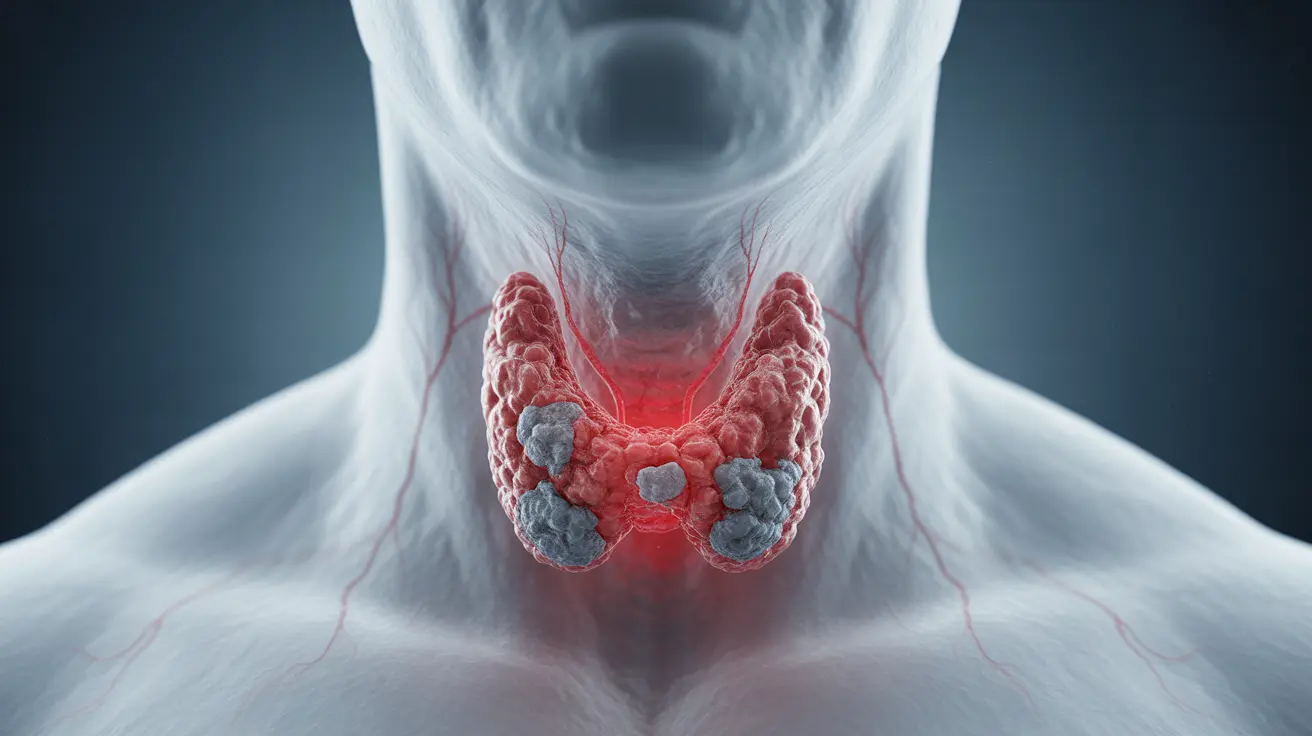Iodine poisoning occurs when a person consumes excessive amounts of iodine, either through dietary sources, supplements, or accidental exposure to iodine-containing solutions. While iodine is essential for proper thyroid function and overall health, too much can lead to serious medical complications. Understanding the signs, treatment options, and prevention methods is crucial for maintaining safe iodine levels.
This comprehensive guide explores the key aspects of iodine poisoning, including its symptoms, treatment approaches, and preventive measures to help you stay informed and safe.
Signs and Symptoms of Iodine Poisoning
Recognizing the symptoms of iodine poisoning is crucial for early intervention. Common indicators include:
- Burning sensation in the mouth and throat
- Severe stomach pain and nausea
- Vomiting and diarrhea
- Fever
- Metal taste in the mouth
- Difficulty breathing
- Decreased heart rate
In more severe cases, additional symptoms may develop:
- Shock
- Seizures
- Delirium
- Coma
- Kidney failure
- Cardiovascular complications
Sources of Iodine Exposure
Understanding potential sources of excess iodine intake is essential for prevention. Common sources include:
Dietary Sources
Certain foods naturally contain high levels of iodine:
- Seaweed (especially kelp)
- Some types of fish
- Iodized salt (when consumed in excess)
- Dairy products
- Eggs
Supplements and Medications
Various supplements and medical products can contribute to iodine overexposure:
- Iodine supplements
- Multivitamins containing iodine
- Certain medications
- Antiseptic solutions containing iodine
Treatment Approaches
Treatment for iodine poisoning varies depending on the severity of the case and the method of exposure:
Mild Cases
For mild cases of iodine poisoning, treatment typically involves:
- Discontinuing iodine intake
- Monitoring symptoms
- Staying hydrated
- Supporting the body's natural detoxification
Severe Cases
More serious cases require immediate medical intervention:
- Hospital admission
- Intravenous fluids
- Medication to control symptoms
- Monitoring of vital signs
- Possible dialysis in extreme cases
Prevention Strategies
Preventing iodine poisoning involves several key practices:
- Reading supplement labels carefully
- Consulting healthcare providers before starting iodine supplements
- Monitoring seaweed consumption
- Being aware of iodine content in medications
- Keeping iodine-containing products out of children's reach
Frequently Asked Questions
- What are the common symptoms of iodine poisoning that I should watch for?
Common symptoms include burning in the mouth and throat, stomach pain, nausea, vomiting, fever, and a metallic taste. Severe cases may present with difficulty breathing, decreased heart rate, and shock.
- How is iodine poisoning treated in mild versus severe cases?
Mild cases are typically treated by discontinuing iodine intake and monitoring symptoms while maintaining hydration. Severe cases require immediate medical attention, including hospitalization, IV fluids, and intensive monitoring.
- What foods or supplements commonly cause iodine poisoning?
Common sources include seaweed (especially kelp), iodine supplements, multivitamins with high iodine content, and excessive consumption of iodized salt. Some medications and antiseptic solutions can also contribute to iodine poisoning.
- Can iodine poisoning lead to thyroid problems like hyperthyroidism?
Yes, excessive iodine intake can disrupt thyroid function and potentially lead to hyperthyroidism or other thyroid disorders. This is particularly concerning for individuals with pre-existing thyroid conditions.
- How can iodine poisoning be prevented, especially in people who consume seaweed or supplements?
Prevention includes careful monitoring of supplement intake, consulting healthcare providers before starting iodine supplements, limiting seaweed consumption, and being aware of iodine content in foods and medications. Always follow recommended daily allowances for iodine intake.




